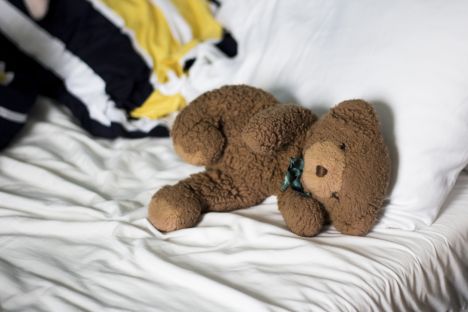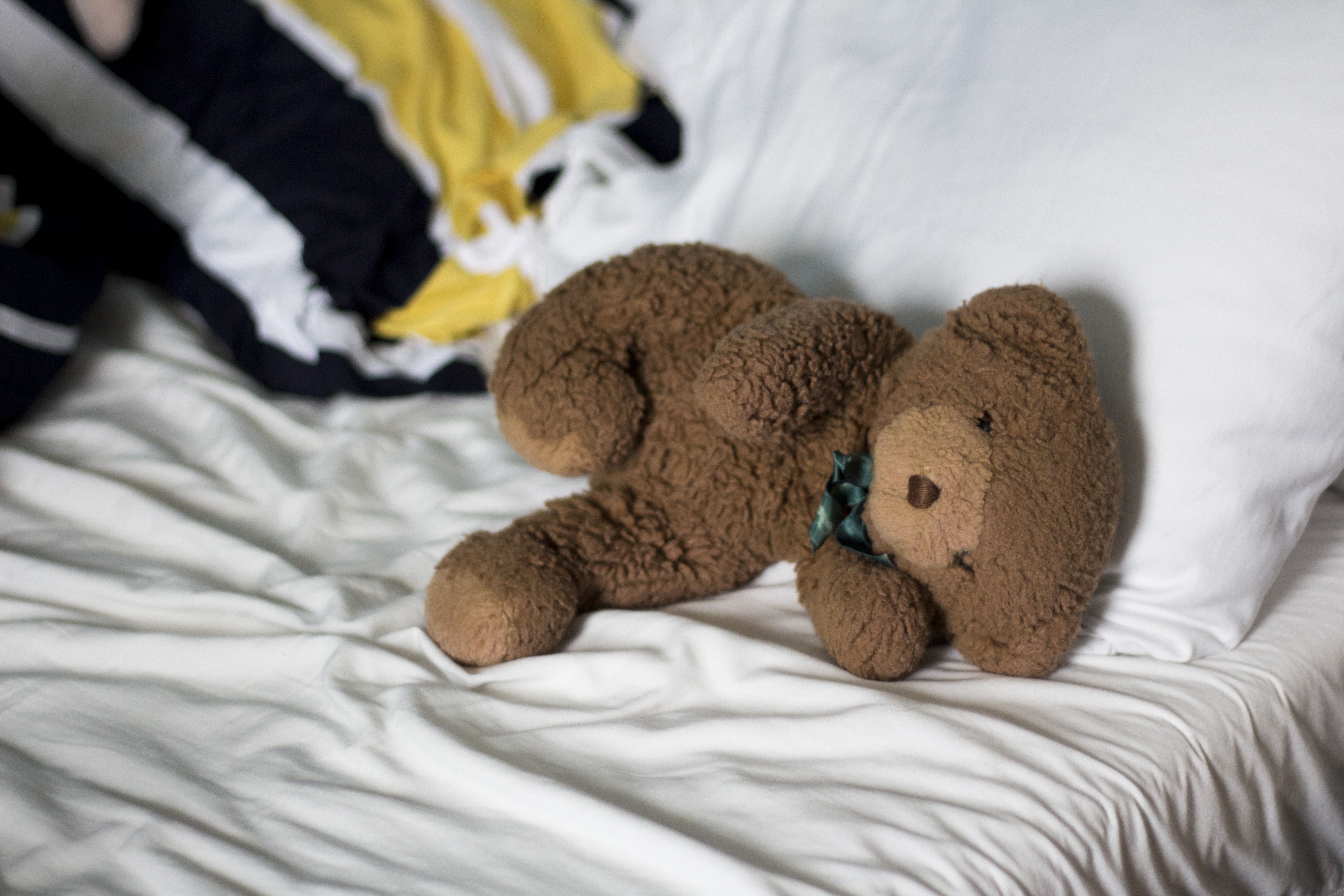
Wake up. Go to class. Eat. Do homework. Eat. Watch Netflix. It’s 12 a.m. Go to bed. Wake up. Repeat.
Sleep is very important to college students and if they do not get enough of it, it could negatively affect their academic performance. The National Sleep Foundation recommends seven to nine hours of sleep per night for 18 to 25-year-olds.
Freshman Paola Cabrera gets less than the recommended amount of sleep during the week, averaging about five to six hours per night.
“The amount of work you get here keeps you up more than it would in high school but it depends on what classes you have,” Cabrera said, adding that she needs between seven and eight hours of sleep to function well.
“Adequate sleep is essential to feeling awake and alert, maintaining good health and working at peak performance,” Dr. Lawrence Epstein, medical director of Sleep HealthCenters and instructor of Harvard Medical school, reports. “After two weeks of sleeping six hours or less a night, students feel as bad and perform as poorly as someone who has gone without sleep for 48 hours.”
According to the National College Health Assessment from American College Health Association, about 60 percent of students reported feeling tired, dragged out or sleepy at least three days out of the week.
The impact of not having enough sleep hits Cabrera hard later in the afternoon and she has trouble focusing in class.
“Usually throughout the day I can’t stay awake anymore,” Cabrera said. “You’re just waiting in class and you just can’t wait to get out.”

50 percent of college students report daytime sleepiness and 70 percent attain insufficient sleep, according to a study from Dove Medical Press. Lack of sleep can lead to poor grade point average, impaired mood and increased risk of car accidents.
Lack of sleep can be a result of many factors for a college student. They wake up early for classes, go to bed late after studying, work long hours and try to have a social life.
However, some have adjusted to not sleeping for a full seven to nine hours.
Jordan Floyd is a senior social work major and black studies minor. Floyd only gets about four to five hours of sleep per night and goes to sleep between 12:30 a.m. and 1:30 a.m.
“I know I need about eight hours of sleep, but that just doesn’t happen anymore,” Floyd said, adding that even during weekends and breaks her body does not readjust.
In high school she would get a full eight hours of sleep. Since she started college that does not happen anymore but her body has adjusted.
“I normally don’t get enough sleep so I got used to not getting enough sleep. It’s normal to me now. I function just as well as I do if I were to get a full eight hours of sleep which hasn’t happened since I started college,” Floyd said.
Students who get enough sleep during the week perform better on memory and motor tasks, according to Epstein.
Ali Ercolani is a junior biology major and makes sure to get a full eight hours of sleep.
“During the week I try to get at least eight hours because I am kind of a cranky person in the morning so I like to be well rested,” Ercolani said.
Ercolani believes that college has made her go to bed later compared to high school due to homework and extracurricular activities.
“In high school I usually went to bed around 11 [p.m.]. [In college] Sometimes there is too much homework so I get to bed around 12 or 1,” Ercolani said.
Need help getting more sleep? Check out these tips from the American Academy of Sleep Medicine:
- Go to bed early.
- Get out of bed and do something relaxing to help fall asleep.
- Only use the bed for sleeping and not watching television, talking on the phone or studying.
- Limit naps to less than an hour and before 3 p.m.
- Wake up on the weekends the same time as during the week.
- Avoid caffeine.
- Dim the lights at night to tell the body it is almost time for bed.
- Wind down for 15 to 30 minutes without television or smartphones.
- Eat light like a healthy snack or small dessert.



